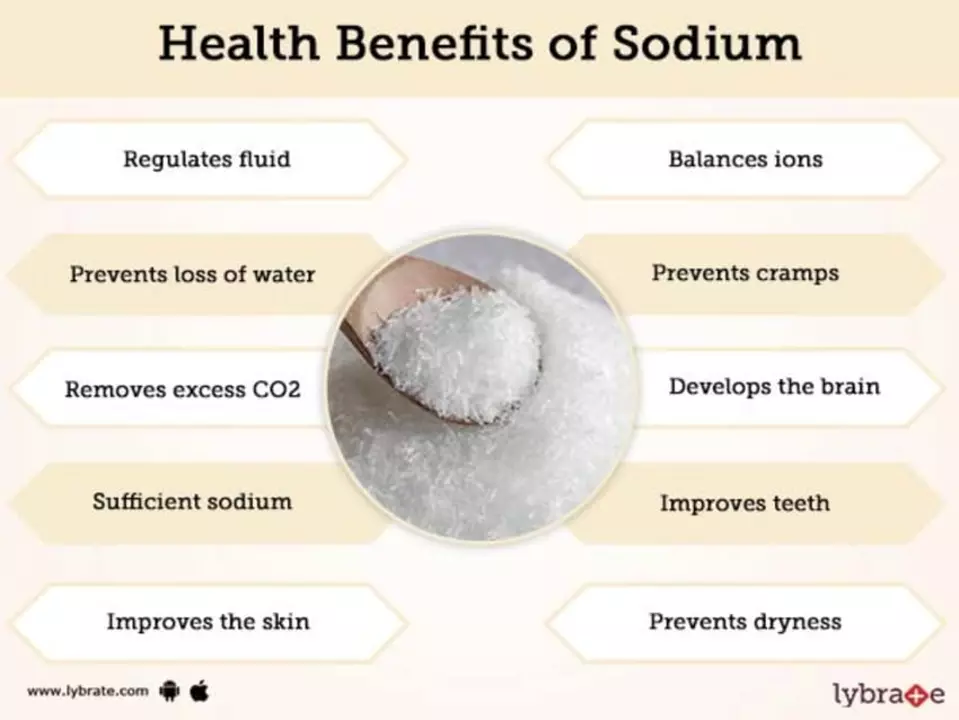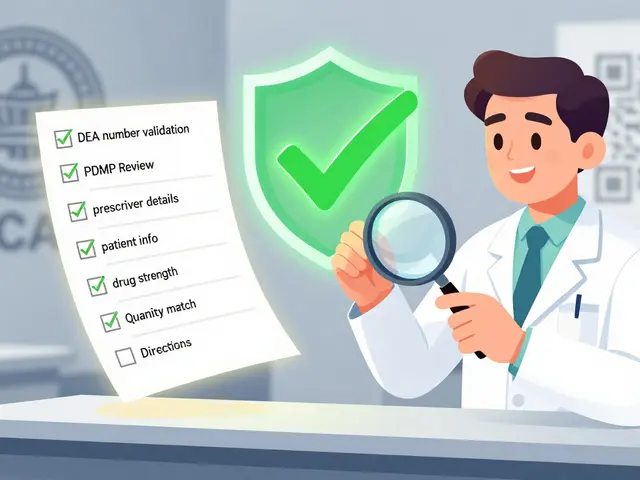Dental and Oral Health: What to Know About Care and Medications
Did you know some bone drugs can cause serious jaw problems? If you take medications for osteoporosis or other conditions, your mouth may need extra attention. This page pulls together clear, practical advice on everyday oral care, common dental treatments, and what drugs can mean for your teeth and jaw.
Start simple: brush twice a day with a soft brush and fluoride toothpaste. Floss daily. Those two steps cut plaque, lower gum disease risk, and prevent cavities. If you wear dentures or a retainer, clean them every day and remove them at night. Dry mouth makes decay worse — drink water often, chew sugar-free gum, and ask your dentist about saliva substitutes if your mouth feels dry.
Medications and Your Mouth: What to Watch For
Some medications change saliva production, make gums swell, or increase bleeding. Common culprits include certain blood pressure medicines, antidepressants, antihistamines, and cancer drugs. If you’re on anticoagulants (blood thinners), tell your dentist before any invasive procedure — they’ll coordinate with your doctor to keep you safe.
There’s a special concern with bisphosphonates like ibandronate sodium. These drugs help bone health but can, in rare cases, cause osteonecrosis of the jaw (ONJ). That’s when jawbone tissue fails to heal after trauma like tooth extraction, leading to pain or exposed bone. If you take bisphosphonates, have a dental check before starting treatment and avoid unnecessary extractions while on the drug. If you notice jaw pain, loose teeth, or swelling, call your dentist right away.
Practical Steps Before Dental Procedures
Planning a dental procedure? Tell your dentist about every medication, including supplements. If you take bisphosphonates or other bone drugs, ask whether the procedure can wait or if special precautions are needed. For people on chemotherapy or with weakened immune systems, dentists may prescribe antibiotics or delay elective work to reduce infection risk.
During procedures, effective pain control and infection prevention matter. Follow post-op instructions exactly: rinse gently, avoid smoking, and stick to soft foods until healed. Smoking slows healing and raises the chance of complications like dry sockets and infections.
Healthy habits protect your mouth and body. Eat a balanced diet with calcium and vitamin D, quit or reduce smoking, limit sugary drinks, and get regular dental checkups. If a medication is causing a problem, don’t stop it on your own — talk to your doctor and dentist together to find safe options.
If you want specific help—say, managing dry mouth, understanding a drug’s side effects, or preparing for a dental surgery—look at our individual articles or ask your healthcare team. Small steps today prevent big problems later.





